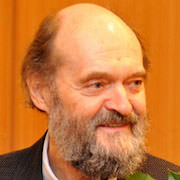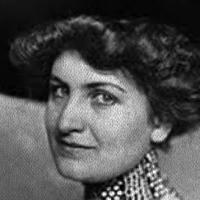Veljo Tormis (7 August 1930 – 21 January 2017) was an Estonian composer, regarded as one of the great contemporary choral composers and one of the most important composers of the 20th century in Estonia. Internationally, his fame arises chiefly from his extensive body of choral music, which exceeds 500 individual choral songs, most of it a cappella. The great majority of these pieces are based on traditional ancient Estonian folksongs (regilaulud), either textually, melodically, or merely stylistically.
His composition most often performed outside Estonia, Curse Upon Iron (Raua needmine) (1972), invokes ancient Shamanistic traditions to construct an allegory about the evils of war. Some of his works were banned by the Soviet government, but because folk music was fundamental to his style most of his compositions were accepted by the censors.
More recently, Tormis' works have been performed and recorded by Tõnu Kaljuste with the Estonian Philharmonic Chamber Choir, and others. In the 1990s, Tormis began to receive commissions from some a cappella groups in the West such as the King's Singers and the Hilliard Ensemble.
Tormis famously said of his settings of traditional melodies and verse: "It is not I who makes use of folk music, it is folk music that makes use of me." His work demonstrates his conviction that traditional Estonian and other Balto-Finnic music represents a treasure which must be guarded and nourished, and that culture may be kept alive through the medium of song.








